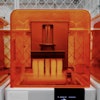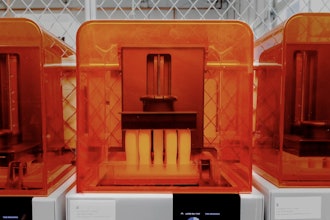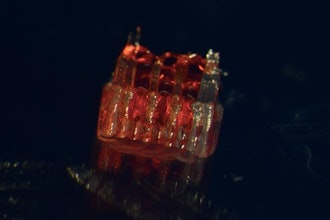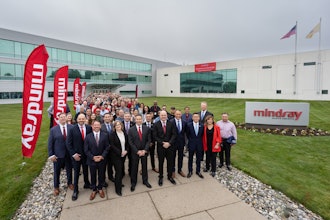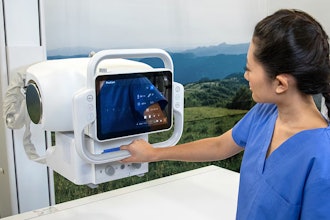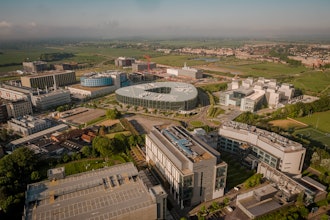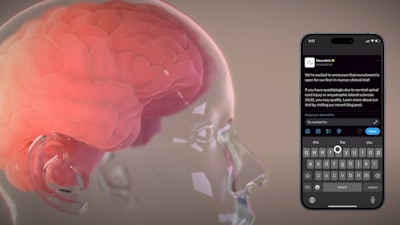
Neuralink, the brain implant startup run by Elon Musk, said it is opening human trials in Canada.
On X, the company said Health Canada has approved the launch of its first clinical trial in the country. Neuralink has opened recruitment for potential participants with quadriplegia due to ALS or spinal cord injury (SCI).
Most Read Medical News:
- Boston Scientific Closes Acquisition of Axonics
- Caterpillar Fungus Could Be Affective in Slowing Down Growth of Cancer Cells
- SolasCure, U.S. Army to Collaborate on Maggot-Based Wound Care
- Baxter Reopening Second Production Line at IV Fluid Factory Shut Down by Hurricane Helene
The CAN-PRIME Study – an investigational medical device trial for Neuralink's wireless brain-computer interface (BCI) – aims to evaluate the safety of the implant and the surgical robot used during the implantation process. The company said it also seeks to assess the initial functionality of its BCI for enabling people with quadriplegia to control external devices with their thoughts. According to the company, BCIs are systems that decode intended movement signals from brain activity to control external devices such as computers.
"This study involves placing a small, cosmetically invisible implant in a part of the brain that plans movements. The device is designed to interpret a person’s neural activity, so they can operate a computer or smartphone by simply intending to move – no wires or physical movement are required," the company wrote. "This research may help us find safer, more effective ways to implant and use our BCI to potentially restore and enhance computer control and other capabilities. If you have limited or no ability to use both hands due to cervical spinal cord injury or amyotrophic lateral sclerosis (ALS), you may qualify for the CAN-PRIME Study."
The N1 Implant, which Neuralink said is cosmetically invisible, records and transmits brain activity that's intended to allow the patient to control a computer. The implant uses more than 1,000 electrodes distributed across threads that are thinner than a human hair. Because of the delicate design, the R1 Robot is needed to insert the threads into the appropriate regions of the brain. Once implanted, the company's proprietary app decodes movement intention from brain signals.
In February, Musk said the first patient to receive a Neuralink had fully recovered and was able to click a computer mouse using only their thoughts. The company said it observed “no ill effects that we are aware of” in the patient.


